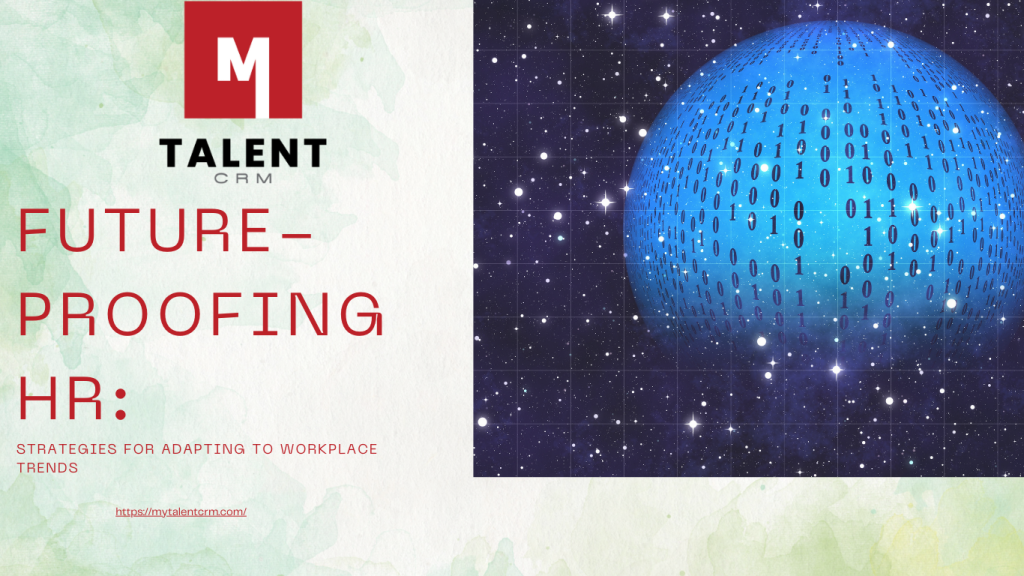Future-proofing HR: Strategies for Adapting to Workplace Trends

Introduction: The workplace is constantly evolving, driven by technological advancements, shifting demographics, and changing employee expectations. As HR professionals, it’s crucial to stay ahead of these trends and adapt our strategies to meet the needs of the modern workforce. In this article, we’ll explore key HR strategies for future-proofing our organisations and thriving in the ever-changing landscape of work.
- Embracing Flexible Work Arrangements:
- Discuss the growing demand for flexible work arrangements, including remote work, flexible hours, and compressed workweeks.
- Explore the benefits of flexible work arrangements for employees, such as improved work-life balance, reduced commuting time, and increased productivity.
- Highlight HR strategies for implementing flexible work policies and procedures, including establishing clear guidelines, leveraging technology, and promoting communication and collaboration among remote teams.
- Prioritising Employee Well-being:
- Recognise the importance of prioritising employee well-being in the workplace.
- Discuss the impact of employee well-being on productivity, engagement, and retention, and the role of HR in promoting a healthy work environment.
- Explore HR strategies for supporting employee well-being, such as offering wellness programmes, providing mental health resources, and promoting work-life balance initiatives.
- Leveraging Technology for HR Innovation:
- Explore the transformative role of technology in HR management, from recruitment and onboarding to performance management and employee engagement.
- Discuss the benefits of HR technology solutions, such as applicant tracking systems, digital learning platforms, and AI-driven analytics tools.
- Highlight HR strategies for leveraging technology to streamline processes, improve decision-making, and enhance the employee experience.
- Embracing Diversity and Inclusion:
- Recognise the importance of diversity and inclusion in driving innovation, creativity, and organisational success.
- Discuss HR strategies for fostering a diverse and inclusive workplace culture, including diversity training, unconscious bias awareness programmes, and diverse hiring initiatives.
- Highlight the benefits of building diverse teams, such as increased employee engagement, broader perspectives, and better decision-making.
- Developing Agile Leadership:
- Emphasise the importance of agile leadership in navigating uncertainty and driving organisational change.
- Discuss the qualities of agile leaders, such as adaptability, resilience, and a growth mindset.
- Explore HR strategies for developing agile leadership capabilities within the organisation, including leadership training programmes, coaching, and mentorship initiatives.
Conclusion: As HR professionals, it’s our responsibility to anticipate and adapt to the changing trends and dynamics of the workplace. By embracing flexible work arrangements, prioritising employee well-being, leveraging technology for innovation, embracing diversity and inclusion, and developing agile leadership, we can future-proof our organisations and create environments where employees can thrive and succeed. Let’s embrace the opportunities of the future and build workplaces that are resilient, adaptable, and ready for whatever lies ahead.



